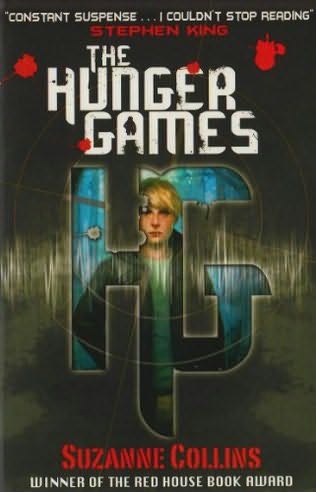
OK, Before I go any further into this review, I need to make a few things clear. 1. I thoroughly enjoyed this book, but 2. it skews a bit older than my normal reading audience. It's appropriate for late middle schoolers/high schoolers. I firmly believe that it has important things to say (for every American, regardless of age), but there are some very high school aged shenanigans going on throughout the story.
And what a story it is. Set in San Francisco, it tells the story of Marcus Yallow and his tech-savvy, hackery friends. Marcus is your fairly typical high school student: bright, but bored in school, obsessed with girls, and more concerned with the net and computer games than his classwork or grades.
Little Brother takes place in a world recognizably our own, but different as well. Students at Marcus's school all have school issued laptops that have tight security restrictions and monitor key strokes and web histories. Cameras in classrooms were declared an unconstitutional invasion of privacy, but all students are monitored by gait recognition software that can recognize any individual by their specific style of walking. (Marcus and his friends have a rather ingenious way of spoiling these cameras which I won't reveal here.)
One day, Marcus and his friends are ditching school to participate in an online game called Harajuku Fun Madness. The game combines online scavenger hunts with realworld locations. While trying to find a clue, San Francisco is struck by a devastating terrorist attack. While trying to tack cover form the explosions, Marcus and his friends, in a classic case of wrong place at the wrong time, are arrested by homeland security troops in the immediate aftermath.
Without trial or official arrests, they are taken to a secret location and interrogated repeatedly and mercilessly. Marcus initially tries to be defiant, but eventually breaks and answers all their questions.
In the wake of the attacks, Homeland Security effectively takes over San Francisco. Citizens are monitored constantly and subjected to random and not so random stops and searches. Marcus begins to foment a resistance to these tactics by organizing people through the internet. He is immediately branded a terrorist and the rest of the book plays out as a game of cat and mouse with Homeland Security searching for Marcus, and Marcus coming to terms with the newfound responsibilities of leadership and resistance.
I loved Little Brother because of the questions it implicitly forces the reader to ask himself. Is dissent patriotic? Is safety more important than freedom? Is it our right or obligation to protest an unjust law of government action? Are the words of our founders as applicable today as they were in 1776?
Little Brother is an important book, and in the wake of NSA wire tapping scandals and prisoner abuses at Abu Gharib and Guantanamo Bay, it should be required reading for every free-thinking American.
I'll leave you with the following quote of The Declaration of Independence which appears throughout the book. Interpret it how you see fit...
We hold these truths to be self-evident, that all men are created equal, that they are endowed by their Creator with certain unalienable Rights, that among these are Life, Liberty and the pursuit of Happiness. — That to secure these rights, Governments are instituted among Men, deriving their just powers from the consent of the governed, — That whenever any Form of Government becomes destructive of these ends, it is the Right of the People to alter or to abolish it, and to institute new Government, laying its foundation on such principles and organizing its powers in such form, as to them shall seem most likely to effect their Safety and Happiness.

